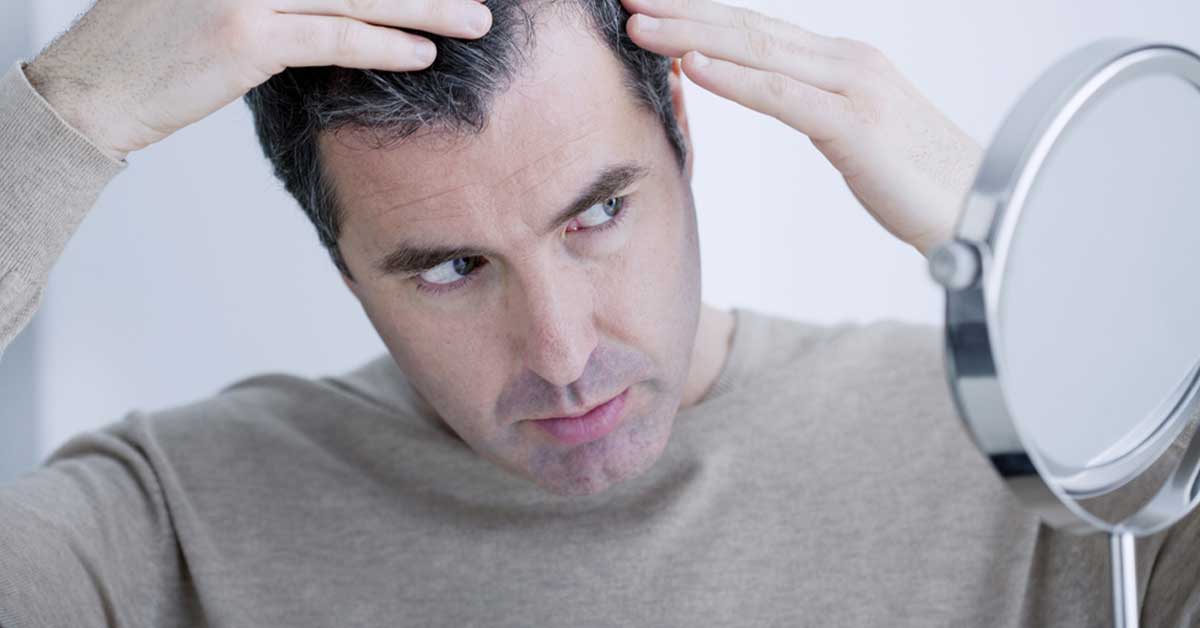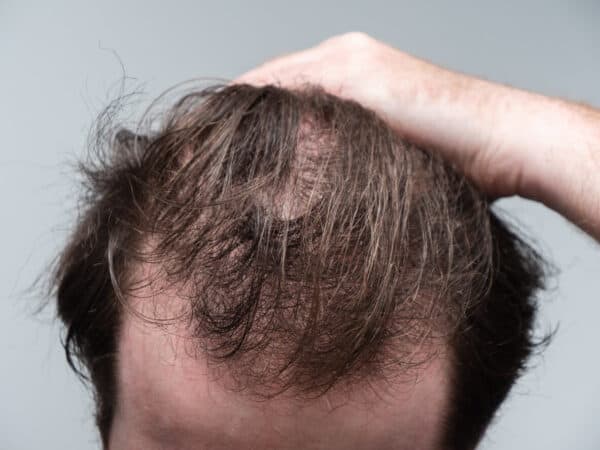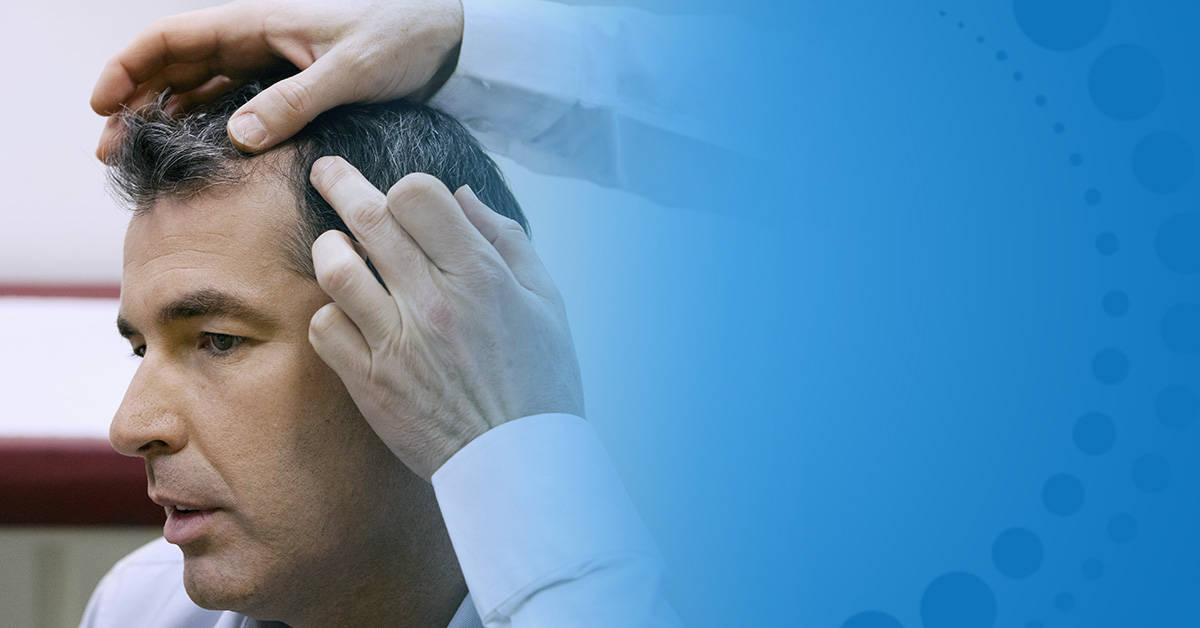10 Causes of Hair Loss

10 Causes of Hair Loss
Hair shedding is perfectly normal, but when that shedding is excessive, you need to know the cause of your hair loss. It falls into two categories – temporary and permanent. The former can be caused by stress, medications, cancer treatments, and more. The latter has a wide range of causes… many of which can be addressed through hair restoration procedures.
What are the common causes of Hair Loss?
1. Androgenetic Alopecia
Also known as androgenic alopecia but more commonly called “male pattern baldness,” androgenetic alopecia is the most common cause of permanent hair loss – and it affects all genders. It can also be referred to as hereditary hair loss. If the person has a good donor area (which is common), it can mean they’ll be an excellent candidate for the ARTAS® hair restoration procedure.
2. Hormonal Imbalances
The most common form of hormone-related hair loss is due to pregnancy, but this can also include hair loss related to birth control pills. It generally resolves on its own some months after childbirth or after the person stops using hormonal birth control.
3. Telogen Effluvium
This form of hair loss occurs when the hair stays too long in the shedding phase of the normal hair growth cycle. This form of hair loss usually corrects itself over time and is generally triggered by circumstances such as:
- high or prolonged stress
- surgery
- thyroid issues
- rapid weight loss
- Other situations that “shock” one’s system
4. Cancer Treatments
Hair loss can be a side effect of both chemotherapy and radiation treatments. Cool caps during treatments can sometimes lessen this form of hair loss. Either way, it is a reversible form of hair loss.
5. Alopecia Areata
This form of hair loss is an autoimmune condition which attacks hair follicles of all kinds. Alopecia areata causes not just hair on the scalp to fall out… but also hair loss on all parts of the body, including eyebrows and eyelashes. In some circumstances, medication may be able to halt the attack on the hair follicles before hair loss becomes substantial.
6. Anagen Effluvium
Instead of staying too long in the shedding phase that occurs with telogen effluvium, anagen effluvium is when hair falls out despite being in the growth (anagen) phase of the hair cycle. This form of hair loss can affect hair on all parts of the body. Fungal infections and various types of autoimmune diseases can cause this form of hair loss. The reason for the hair loss affects whether it’s treatable and how but some causes will also resolve on their own.
7. Traction Alopecia
This type of hair loss occurs over time. Traction alopecia frequently happens with hair pulled too tightly by braids, ponytails, buns, cornrows, etc. Even wearing hats or helmets that are too tight and rub against the hair follicles can sometimes cause traction alopecia. The persistent tension damages your hair follicles and can even cause infections. If caught early, the problem can reverse itself. If not, a hair restoration procedure may be viable if there’s an unaffected donor hair section.
8. Medications
Birth control pills aren’t the only prescription medication that can cause hair loss. Examples of others include:
- The acne treatment Accutane
- Anti-depressants
- Beta-blockers
- Blood thinners
- Cholesterol-decreasing medications
9. Nutritional Deficiencies
Deficiencies in iron, vitamin D, zinc, and selenium can cause hair loss. Vegans and vegetarians may experience hair loss if they don’t consume enough protein, and extreme diets can do the same through a variety of nutritional deficiencies.
10. Ringworm
While many people think that ringworm is a parasite, it is actually a fungal infection that makes hair brittle and causes itchy, red patches and/or blisters. When those blisters or patches occur on the scalp, this affects hair follicles and causes hair loss. Anti-fungal and antibiotic medications can be used to treat ringworm. So long as it’s not ignored for a prolonged period of time, the hair loss should reverse. If not, as long as there is sufficient donor hair, then a restoration procedure may be possible.
Talk to Austin Hair Restoration About Your Hair Loss
If you’ve been noticing thinning hair and aren’t sure of the reason, Austin Hair Restoration Clinic offers a free consultation to determine the cause of your hair loss and whether you’re a good candidate for hair restoration. We use the minimally invasive ARTAS® Robotic Hair Transplant System, a procedure that produces exceptional results and will get you back to your day-to-day life in just a few days. Contact us today for a free consultation.
Dr. Sanjeev Dubey is an experienced hair restoration and emergency medicine physician in Austin, Texas. He holds a medical degree from the University of Texas Medical Branch (UTMB) and has been practicing medicine for over two decades. His affiliations include Seton Medical Center Austin, Seton Northwest, and various local hospitals.





